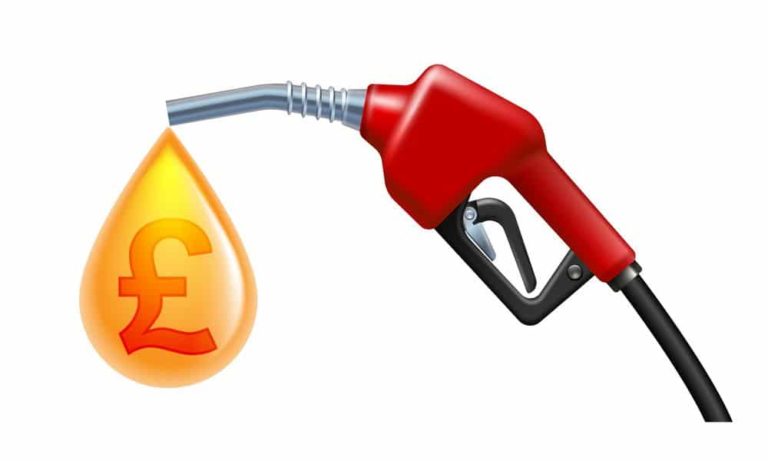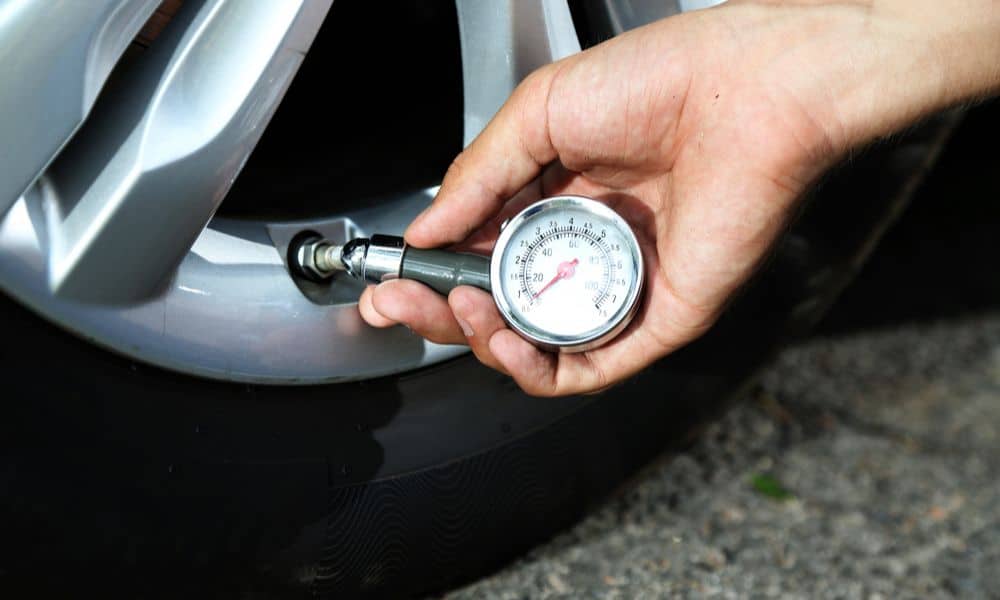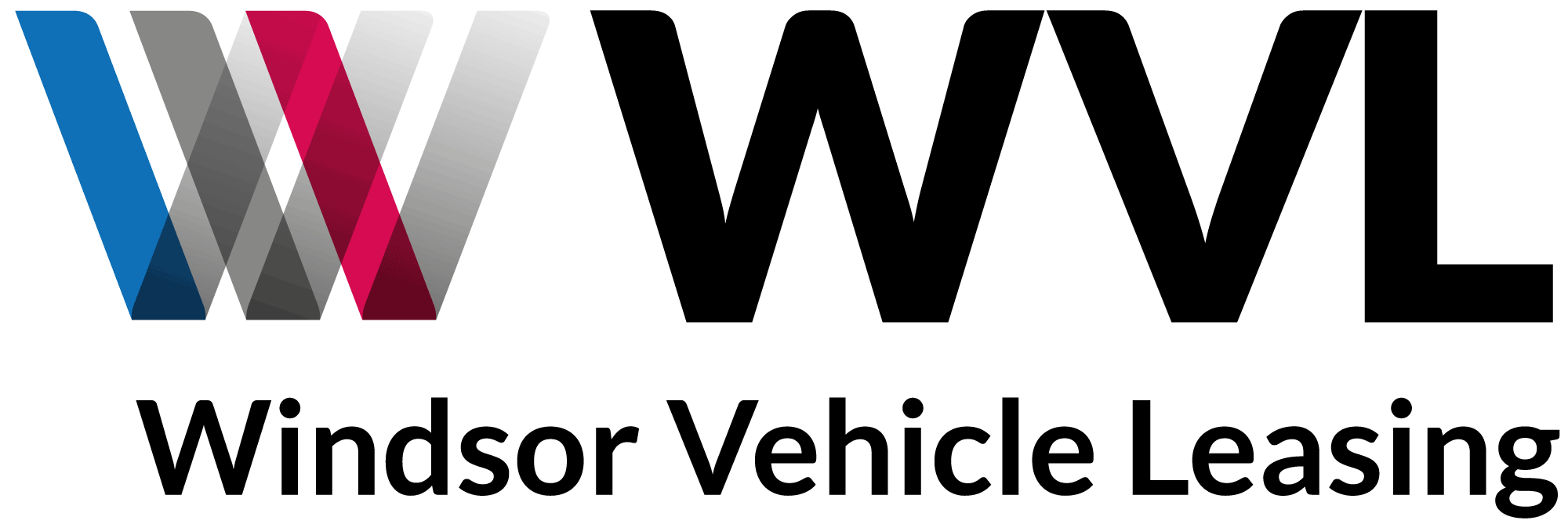
How Can You Keep Fuel Costs Down?
How Can You Keep Fuel Costs Down? https://wvl.co.uk/wp-content/uploads/How-Can-You-Keep-Fuel-Costs-Down.jpg 1000 600 Anthony https://secure.gravatar.com/avatar/0ce9a76712b2ebb44190c51857fae37600a61d6fe57138c94dce31a727aa27ec?s=96&d=mm&r=gIn the middle of a fuel crisis, every bit of fuel saved by each car in your business fleet can soon mount up to sizeable savings. In turn, that desire to save money on fuel will also help to lower your fleet’s emissions – making it a win all round!
Follow these economical driving and fleet management tips to save money on diesel and petrol and make some much-needed savings.
Route planning
Make less trips
Our first tip to save fuel costs on your fleet journeys is simply to make less journeys! It might sound obvious but when you run a fleet, it can mean taking a magnifying glass to your usual shipments to see which ones can be combined. Merging two routes into one might sound like it wouldn’t save you much money, but when you consider that fleets can have tens of vehicles doing hundreds of miles a day, it soon adds up!
Plan ahead for the optimum route
Another way to save money on petrol and diesel for your fleet is to use telematics tools and planning ahead. Something as simple as turning right can add extra journey time – especially when you consider long waits for oncoming traffic to clear. So if there’s a way to avoid too many right turns, road works, and general traffic hotspots, opting for that is going to help lower your fleet’s fuel costs too.
Vehicle maintenance
Keep vehicle weight low
The lighter your fleet’s vehicles, the better their fuel economy. One of the best ways to save money on fuel is for your maintenance team to take a look at what the vehicle really needs to run and remove any extraneous items or cargo. It might even mean moving to smaller vehicles outright.
Check tyre pressure regularly

Do you know the optimum tyre pressure for your vehicles? Moreover, did you know that if pressure falls even 1% under that, it can have a dramatic effect on the fuel efficiency of your vehicles? To save fuel costs, we’d suggest giving each of your drivers a tyre pressure gauge, and making sure your maintenance team check a vehicles’ tyres as standard each time they get back to base.
Driving technique
Gradual braking and smooth accelerating
When you drive for a living it can be easy to slip into bad habits. That’s why using a telematics system to track your drivers’ typical behaviour can be key to training for safety and better fuel economy. The smoother they brake into corners and accelerate out of them, the better for other road users, the planet, and your business’s bottom line.
Don’t idle with the engine on
Another way your drivers can save money on diesel or petrol is by not sitting for long stretches of time with the engine idling while the vehicles goes nowhere. Encourage them to switch the engine off when they’re going to be paused for a long period of time – especially if they pull in to a roadside rest stop.
Keep revs low

Our last tip to save money on fuel is to keep revs low unless absolutely necessary. The best way to do this in built-up areas is for your drivers to choose the highest gear they can get away with – while (obviously) adhering to the local speed limit. The higher the revs, the more engine rotations, which means more fuel consumption, and driving in a higher gear keeps revs low – while also lowering the cost of their journey to your fleet.
Or: go electric!
Of course, perhaps the most effective way to save money on fuel is to switch to a fuel type that costs less to begin with!
However, this is also a move you won’t want to rush – moving to an electric future means planning the installation of your electric infrastructure and making sure your vehicles have the right range for the kinds of business trips you need them to do.
Need to optimise your fleet’s fuel spend? We can help
At WVL, we’re well positioned to meet your fleet optimisation needs, whether it’s agreeing the right maintenance support, finding the right vehicles, or helping your fleet transition to a fossil fuel free future.
To learn more, check out the blogs below or get in touch with our team to discuss your business’s needs.




